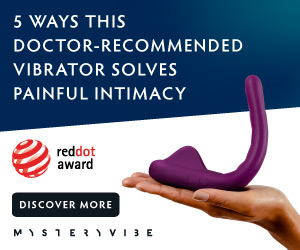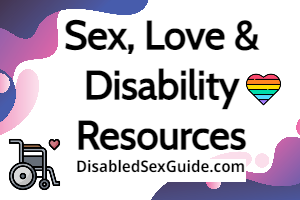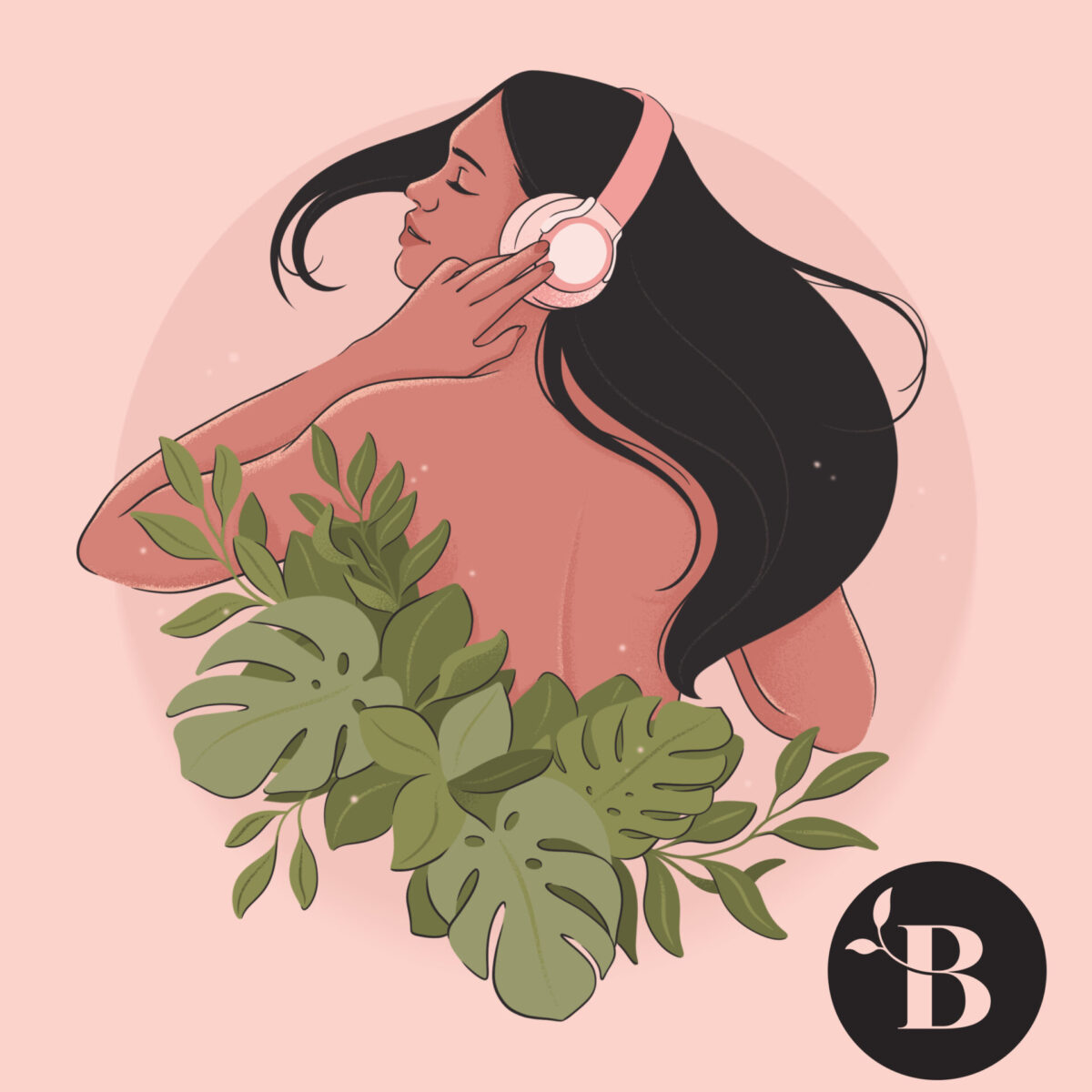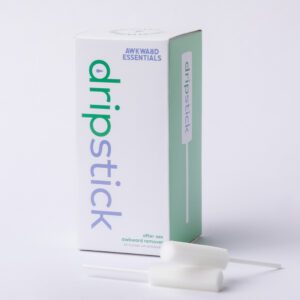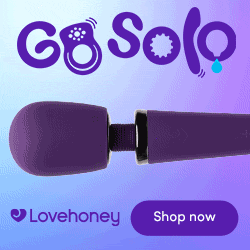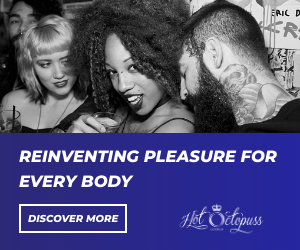11 Adult Sex Ed Resources for When the Classroom Didn’t Cut It
SexForEveryBody.com is supported by our readers. We may earn a commission if you buy through links on our site. Learn more.
It’s 2020, and at this point, I think we can all agree that solidly good, helpful, and thorough public school sex education is a bit like Bigfoot; some people swear it exists, but the rest of us won’t believe it until we see it.
At their best, most public school sex education programs can leave us with more questions than answers. And even if we were provided with a complete, inclusive, and well-rounded sex-ed curriculum in public school, it would still only be the beginning.
Sex education can easily be a lifelong journey, one that is undeniably and inextricably linked to sexual pleasure. When schools do try and provide inclusive, safe-sex education to their students, rarely do we see these curriculums extending into the who/what/where/why/how’s of sexual pleasure.
In my home province of Ontario, Canada, the content of our public sex-ed curriculum has been a heated conversation.
Our Conservative government, elected in 2018, vowed to reverse a progressive sexual education curriculum that had been put in place by the previous Liberal government; at the time, the progressive curriculum had caused intense backlash from social conservatives.
In the end, the curriculum landed somewhere in the middle of what either side wanted. Lessons about certain topics such as gender identity and sexual orientation have been delayed by two years in students’ education, but they are still present in the curriculum.
Parents also now have the right to opt their children out of sex education entirely should they feel so obliged.
Whether it’s in Ontario, Canada or anywhere else, sex education is a topic fraught with controversy. Bringing open, honest, and frank conversations about sex into classrooms is a fight against centuries of entrenched taboos, traditional values, and heteronormativity.
But sex education is inherently linked to sexual pleasure; it is only by knowing more about our bodies, ourselves, and our partners that we can enhance our sexual experiences.
If you don’t take my word for it, all of this is very cleverly laid out in Netlfix’s extremely popular Sex Education, (a show that made me Google “how to become a sex therapist” because of how much I identified with Gillian Andersen’s character, Dr. Jean F. Milburn).
Personally, much of my own sex education has, like so many of my generational peers, been gleaned from the Internet—though not through the stereotypical avenue of pornography.
Setting out to learn anything on the Internet can be a risky task; a minefield of potential misinformation.
Learning about sex on the Internet—whether that be searching for medical information, asking Google whether that strange thing that happened to you is “normal,” or wondering how you should behave at a strip club—has the potential to go horribly wrong.
For every sex-positive, body-positive resource, there will be a slew of others that will leave you with a sense of shame or a skewed sense of what you “should” be doing.
(I recently stumbled across an Instagram post that was advocating that women ought to be using oral sex in order to get their male partners to open up emotionally; an example of very bad advice from the Internet!)
Good sex education is all about shedding shame. Getting started can be as easy as interspersing your social media timelines with some knowledgeable individuals who can share their expertise, or plugging into a podcast on a topic you’re interested in knowing more about on your commute to work.
Some of my own conceptions of sexuality, pleasure, and even sex work have been fundamentally challenged and changed by the better by People On The Internet, and to them, I am eternally grateful.
Without further ado, here is a non-exhaustive list of people, collectives, and forms of media that offer helpful insight into the complex realm of human sexuality.
Dr. Jennifer Gunter, @drjengunter
Dr. Jen Gunter’s pinned tweet at the top of her Twitter profile says it all: “Come for the sex, stay for the science. Come for the science, stay for the sex.”
The Canadian doctor has literally written the book on vaginas, aptly titled The Vagina Bible, which The Atlantic called “a user’s manual for anyone who has one.”
Dr. Gunter brings a lot of her sex education to Twitter as well, debunking myths as they circulate and calling out pseudo-science perpetuated by the likes of Gwyneth Paltrow’s Goop.
Andrew Gurza, @AndrewGurza1
Andrew Gurza, a Canadian disability awareness consultant, is a popular media personality and activist who doesn’t shy away from talking about sex.
In his podcast “Disability After Dark,” Gurza aims to break the silence and fear surrounding sex and disability. You can find him on Instagram at @AndrewGurza1 and on Twitter at @AndrewGurza1.
The Vagina Museum, @vagina_museum
It might seem like I’m harping on vaginal education here, but the fact is that male sexual anatomy has a tendency to be better explained both inside and outside of classrooms, and does not hold nearly as much taboo as its female counterpart.
Cue The Vagina Museum; a real, brick-and-mortar museum based in London, UK, dedicated to education on and celebration of all things vagina. Its very first exhibition is titled “Muff Busters,” and is dedicated to dispensing common myths and misconceptions about gynecological health.
Can’t get to London? Its body-positive messaging is prevalent on its Twitter page, too.
Luna Matatas, @lunamatatas
Sex education goddess Luna Matatas offers in-person as well as online coaching and webinars focusing on body confidence and kink. Being in her presence is a delight as our two of her top mottos: “Peg the Patriarchy” and “Meditate, Medicate, Masturbate.” (Medicate refers to cannabis.)
Cripping Up Sex with Eva, @crippingupsex
Eva Sweeney, a woman in her mid-30s who has cerebral palsy, is a sex educator focused on disability. Her work began as a queer teenager when Eva had trouble finding any resources or information about sex and disability.
It’s a gap she continues to fill today with her sex ed business Cripping Up Sex with Eva. She covers topics including consent with a non-verbal partner, sex toy reviews for people with disabilities, and how to talk to doctors about safe and responsible sexual activity (including getting STI screening done)—an incredibly important subject since some doctors wrongly assume their patients with disabilities don’t have sex.
Giving The Talk, @givingthetalk
This account is all about sharing “fun, compassionate, medically accurate info free of stigma and shame” and delves into tough topics like consent, communication, and masturbation.
Robin Wilson-Beattie, @sexAbled
Keynote speaker and educator Robin Wilson-Beattie began speaking on sex and disability in 2008 after acquiring a physical disability. If you are unable to see her in person, you can find her on Twitter and even watch an online webinar series at Kink Academy on BDSM and disability.
Sonalee, @thefatsextherapist
Sonalee’s Instagram page is dedicated largely to fostering body positivity and self-acceptance, but she does it through a sex-positive and trauma-informed lens.
All bodies deserve to engage in sexual pleasure should they desire to, and Sonalee’s is a good account to follow if you think you would benefit from being reminded of that from time to time.
Elle Stanger, @stripperwriter
While I first discovered Elle on Instagram, you can find her across platforms (she is on Twitter @ElleStanger), read her work in various popular publications, or listen to her podcast on all things sex and politics, Strange Bedfellows.
Portland-based podcast host, writer, and stripper. Elle Stanger educates her followers, readers, and listeners on everything from strip club etiquette and sex worker politics, to raising children to have a healthy relationship with their bodies, an understanding of consent, and an accepting and open understanding of sex, sexuality.
A word of advice when following sex workers on social media; Facebook, Instagram, and Twitter tend to dislike sex workers existing on their platforms, and their accounts are periodically deleted. Be sure to follow their back-up accounts if they have them—Elle’s on Instagram is @Elle_Stanger.
Raquel Savage, @raquelsavage
“Sex Coach, Sex Educator, Slut,” reads her bio, and Savage does it all and more. A writer, podcaster, and producer, Savage has built something of a media empire sharing the knowledge she’s gained as a trained counselor, certified sex therapist, and former sex worker.
She provides topic-specific sex education videos that you can access through her Patreon, offers a NSFW sex education series called SexxxEd, and facilitates workshops and consultations for those with specific needs or questions.
Savage also manages the production company @KinkMediaGroup and co-hosts her own podcast, The Savage Life Podcast. You can find her on Twitter @Raquel_Savage
The Body Is Not An Apology, @thebodyisnotanapology
Knowing your body will only take you so far; loving your body as it is right now is an often overlooked but crucial step on the path to sexual empowerment. In the famous words of RuPaul, “If you can’t love yourself, how in the hell are you gonna love somebody else!”
The Instagram account @thebodyisnotanapology is all about curating self-love. The account often features words by the author of the book The Body Is Not An Apology, Sonya Renee Taylor, and curates body-positive and sex-positive posts from across the World Wide Web!
What are your favorite online sex education resources and sex educators? Let us know in the comments!
Image sources: Bru-nO
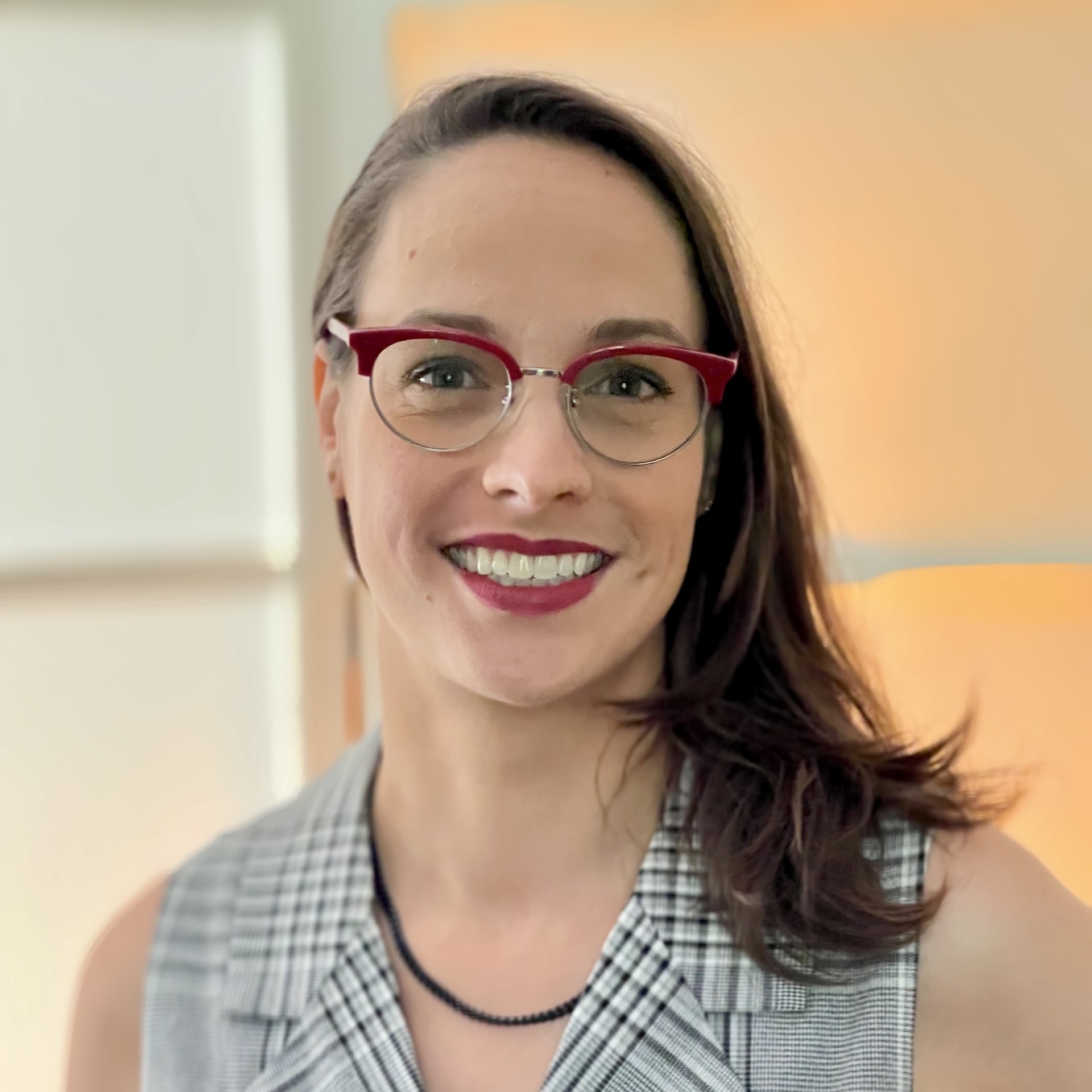
Jenna Owsianik is a Canadian journalist and sex tech industry expert. She is the Founder and Editor-in-Chief of Sex For Every Body®.
Her expertise covers state-of-the-art sex technologies and the major fields driving innovations in intimacy: robotics, virtual reality, remote sex (teledildonics), haptics, immersive adult entertainment, human augmentation, virtual sex, and sexual health.
A trained journalist with a Masters of Journalism from The University of British Columbia, Jenna’s reporting has appeared on Futurism.com, Al Jazeera English, CTV British Columbia online, CBS Sunday Morning, CBS 60 Minutes, Global News, and CKNW Radio in Canada and the United States.

